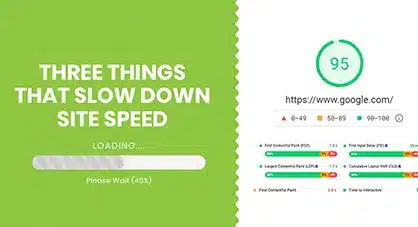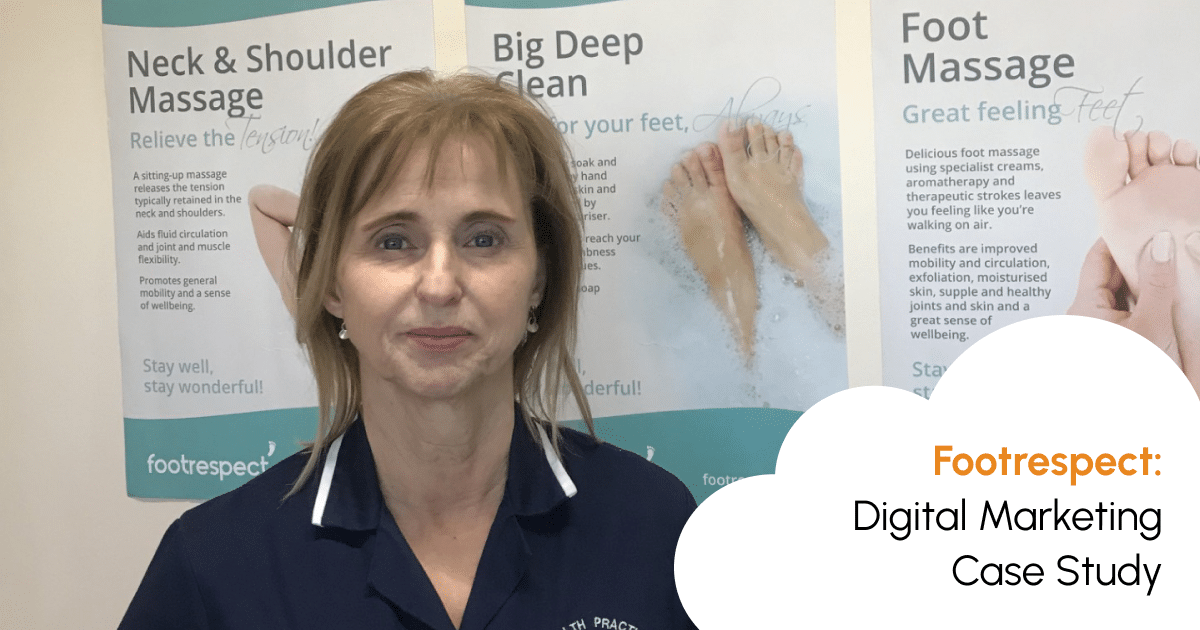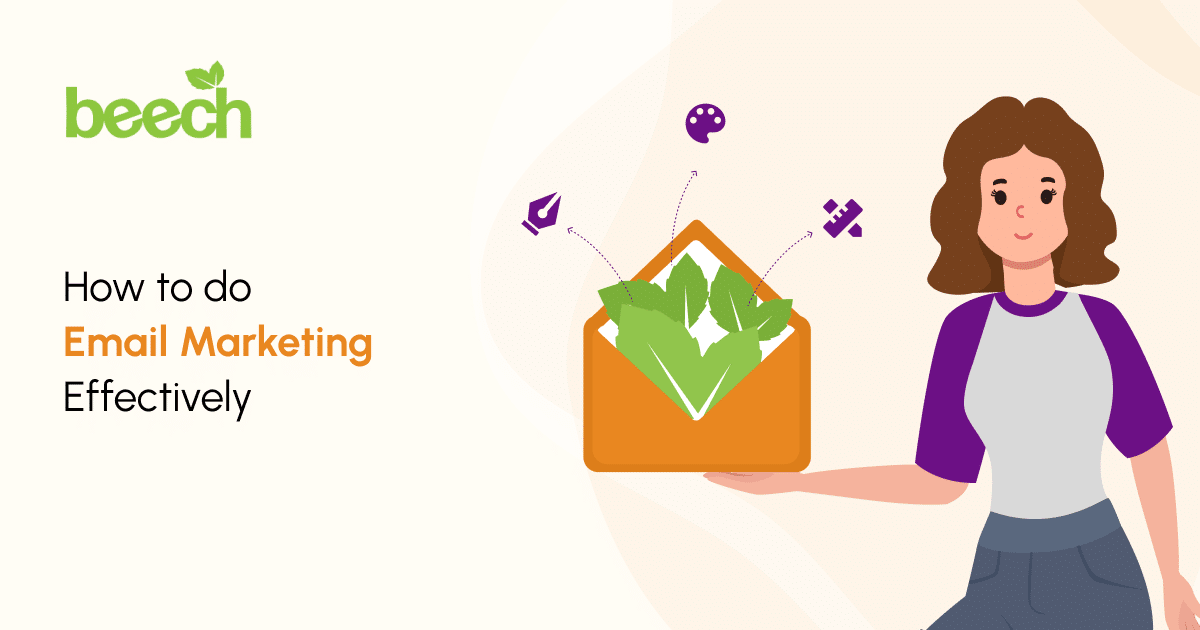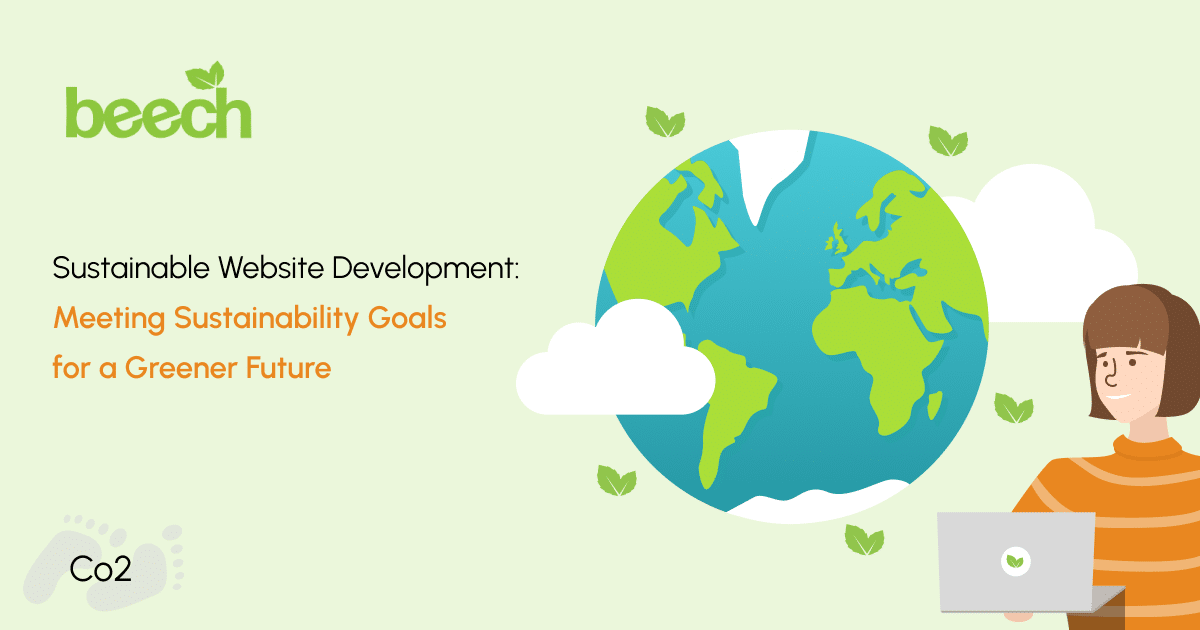You’ve probably heard that your website should be optimised for speed since a slow site can lose visitors. But how do you optimise for speed? And what should you do to make it happen?
In this article, we’ll look at the three things that could have the biggest impact to slow website download speed and what you could ask your web developer to do to fix them.
Is your hosting suitable for the purpose of your website?

Hosting your website on a fast server is key critical for speed but what does that look like in the real world? If the website that you’ve worked hard to have created has been hosted on a cheap platform (GoDaddy as an example) or a host that, claims they’re great and they’re super cheap, could be devastating in the long run for performance speed vulnerabilities. It simply won’t have the available bandwidth for your website to be found quickly, once a visitor clicks on your website link. But why else is it so critical to your website? A fast server is the foundation of your website and is, therefore, the foundation for your business. All your website traffic – all your marketing efforts, SEO, social media, any digital marketing, curated copywriting content – all of that does not matter if you have terrible hosting, because all these do is point back to your website and if your website is slow, people won’t hang around. The adage “buy cheap, pay twice” is one to remember when thinking about your hosting and how important it is to your business development.
Questions to ask your web developer/hosting company are based on whether you have a standard hosting package or one that is an e-commerce site. If yours is a standard package – ask if the cost includes any additional items (an HTTPS certificate as an example) and what the additional costs are for these to be added on. It can add up!
If you have an e-commerce package – these require more storage/resources from a server and should be dedicated for the specific type of website you have. As an example, our enhanced hosting is dedicated for WordPress websites, so it’s optimised to perform well for the WordPress platform, which ultimately means the performance will be much more optimised than others.
The other question is how many visitors can my website handle in one go? This is super important on any website, but especially on e-commerce sites. If you have a product launch that you’re expecting to be big, the last thing you want is for the site to fall over or go down.
Our second suggestion is to make sure you don’t have any third-party applications/resources being opened when people use your website that doesn’t need to be there. Every time you add something else to your website or add any services that you integrate with, you are no longer just making requests to your server. For third party resources, you’re now asking your server for the things it provides – maybe you’re asking Google Analytics to deliver your tracking code, you might have added the Facebook page pixel, you might even be embedding images from your Instagram account. With all of these different third party resources, you’re not only making a round trip request to your server but all these other places too. This results in a “digital traffic jam” with the amount of stuff that is required for a page to deliver the functionality that it needs.
Questions to ask your developer are whether they can review third-party integrations on your website and what can be done if there are too many underperforming/obselete ones.
Are you optimising images and video content?

Our third suggestion to getting quicker speeds is image optimisation, both video and static images. Video has the potential to make an impact but if your website has too much embedded video versus hosting it offsite on a platform like YouTube or Vimeo, this can make a huge impact on speed. But the real killer for speed is images. If you take a picture and download it onto the computer and then upload it onto the site and it’s a five-megabyte picture, the lack of compression and optimisation will cause a big problem to the time required for it to show up on the visitor’s screen.
Questions to ask your web developer/hosting company include are the videos on my website on YouTube/Vimeo or are they stored on my website hosting? Are my images served in WebP format (this format is the latest standard on the web)? Are my images automatically optimised when they’re uploaded? Do I have an excess of images or videos on my website that aren’t being used?
To summarise
As you can see, getting a faster speed time for your website can involve quite a few moving parts. It is worth reviewing these three areas regularly and taking action.












